Red wine in plastic cups. Sweets. Just like at a memorial service. Familiar arias performed by a familiar voice. Costumes, wigs, lots of pictures, portraits by famous artists, an extensive video archive. A stuffy room. Visitors - young and old, women, men, children. All of them - admirers of Maria Callas, who, on her 89th birthday, took advantage of the unique opportunity to see the closed museum of the unforgettable opera diva.

A brilliant career. A true star. A fatal love. A lonely death. And wisdom to which generations will often return.
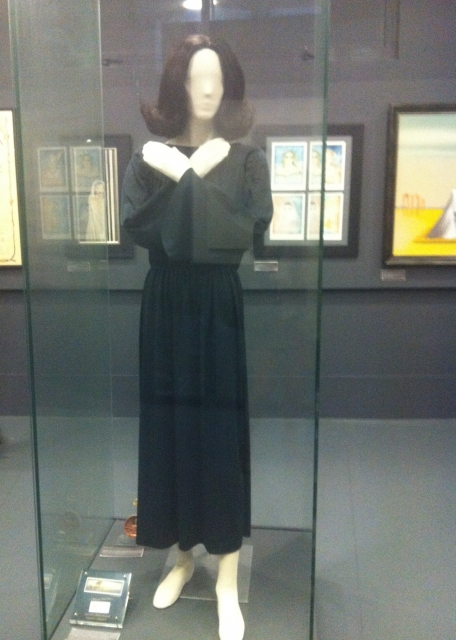 My only wish is to fight for art whatever it takes.
My only wish is to fight for art whatever it takes.
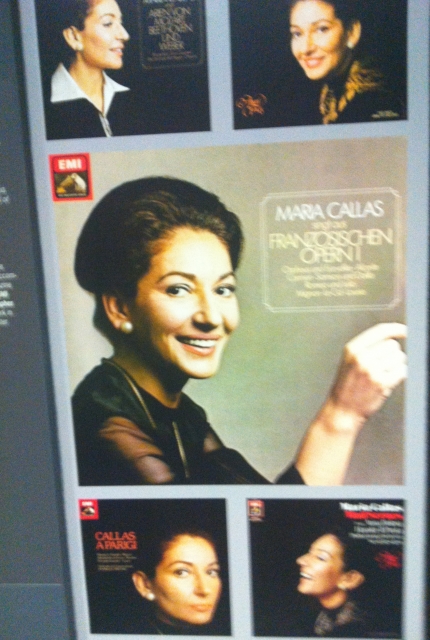 Children should have a wonderful childhood. I did not have one – I wish I had.
Children should have a wonderful childhood. I did not have one – I wish I had.
 My blood is Greek and no one can erase that.
My blood is Greek and no one can erase that.
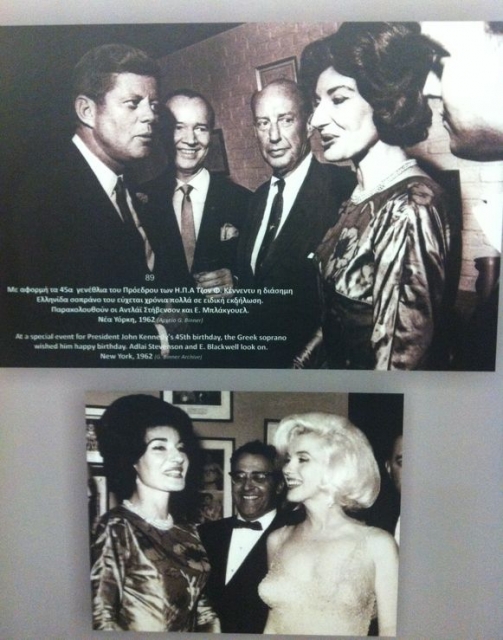 I never forget. Sometimes I forgive but I never forget.
I never forget. Sometimes I forgive but I never forget.
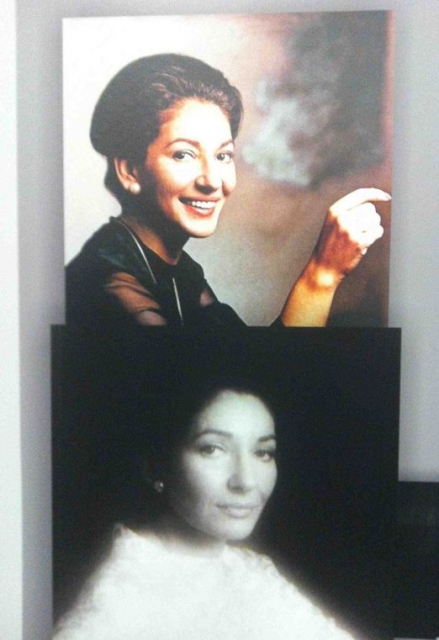 Happiness does not belong to my world.
Happiness does not belong to my world.
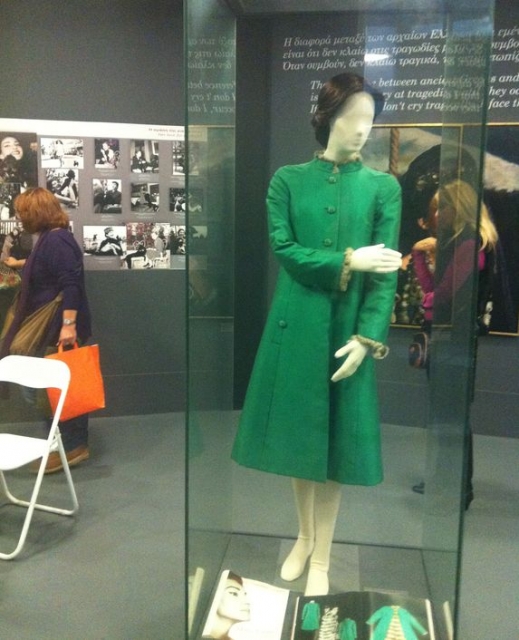 Although they consider me arrogant, I am never sure of myself and often suffer from doubts and fears.
Although they consider me arrogant, I am never sure of myself and often suffer from doubts and fears.
I would like to be Maria, but there is La Callas, who demands that I carry myself with her dignity.

The difference between the ancient Greeks and me is that I don't cry about tragedies until they happen. And if they happen, again I don’t cry; I cope with them.
The exhibits were bought by the municipality of Athens and the Ministry of Culture at an auction in Paris in December 2000. Two years later, the museum was opened and closed for repairs in 2008. Its re-opening has been delayed for "technical reasons."
The story of the greatest soprano in the history of opera, however, is well preserved, although inaccessible to visitors. Her years as a child are well documented as well as her glamorous career, her turbulent love affair with Aristotle Onassis and her sudden lonely death.